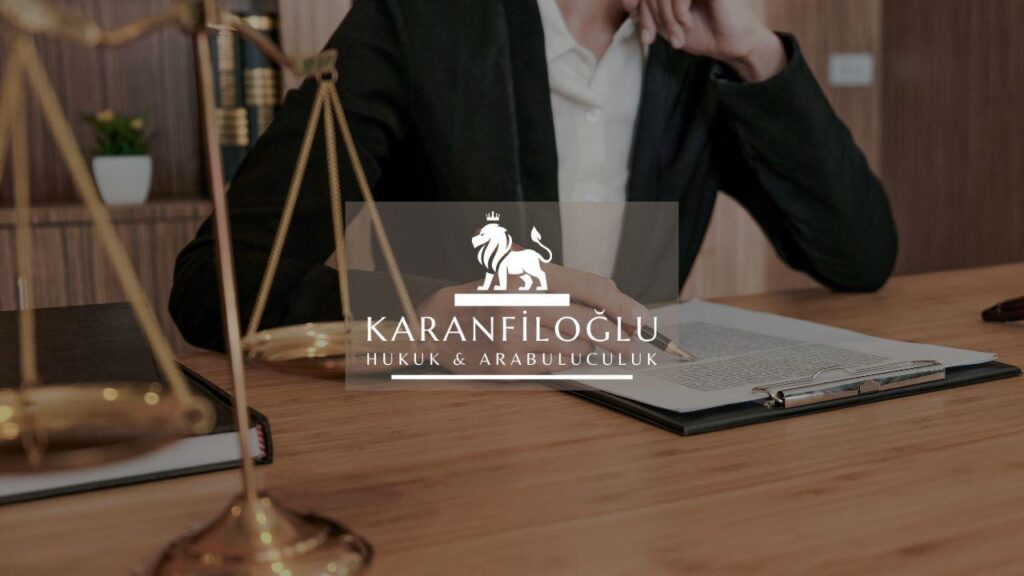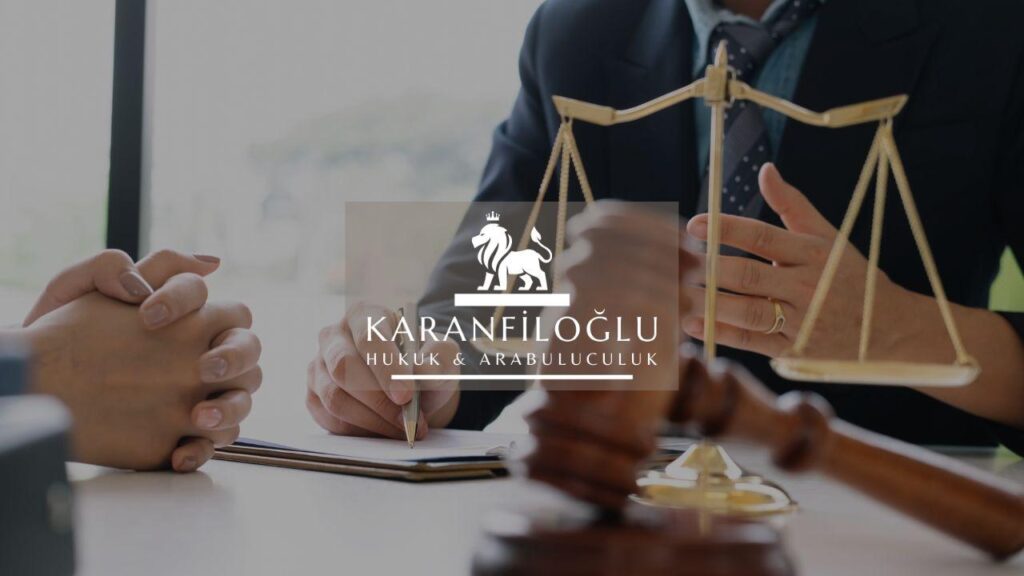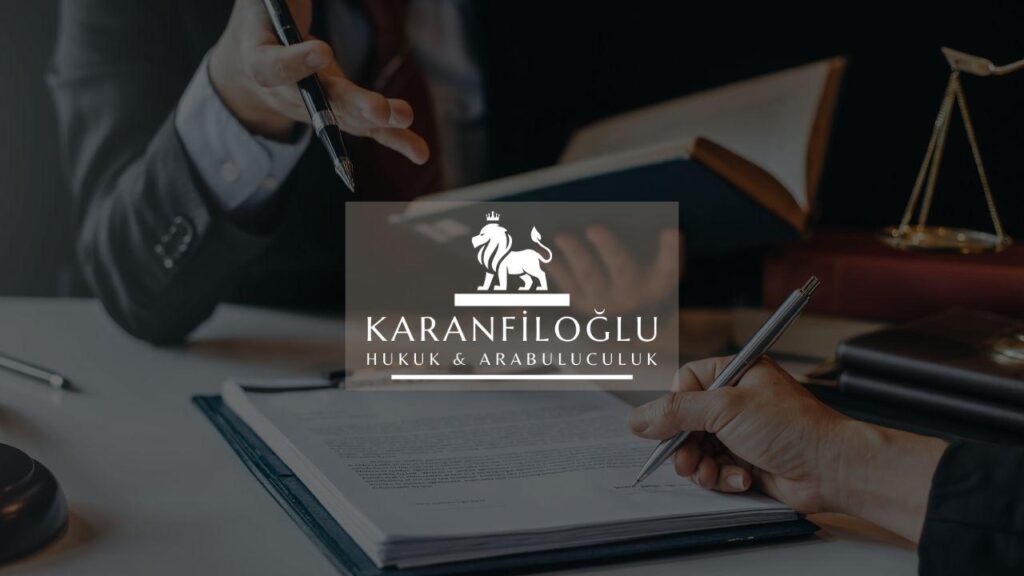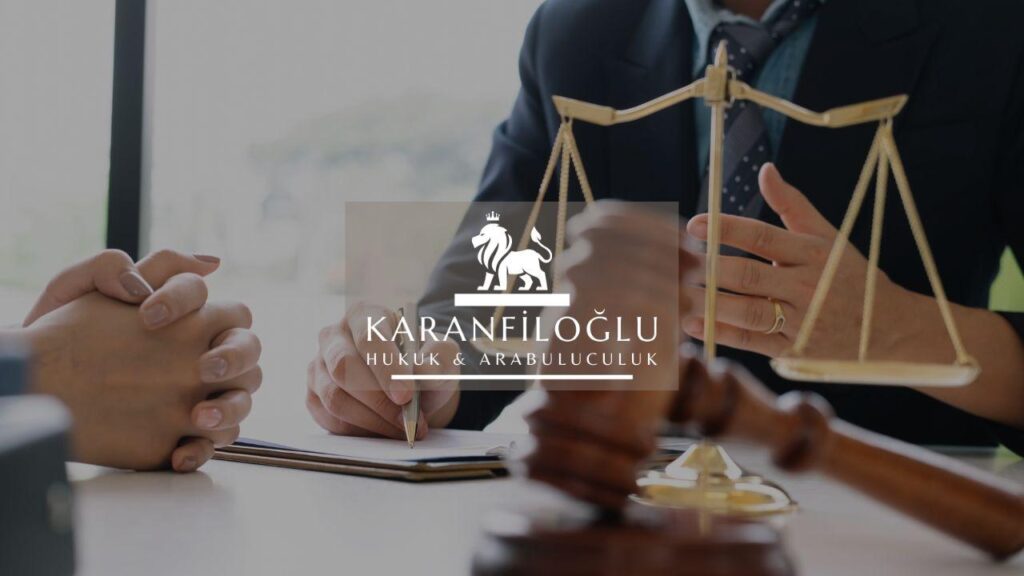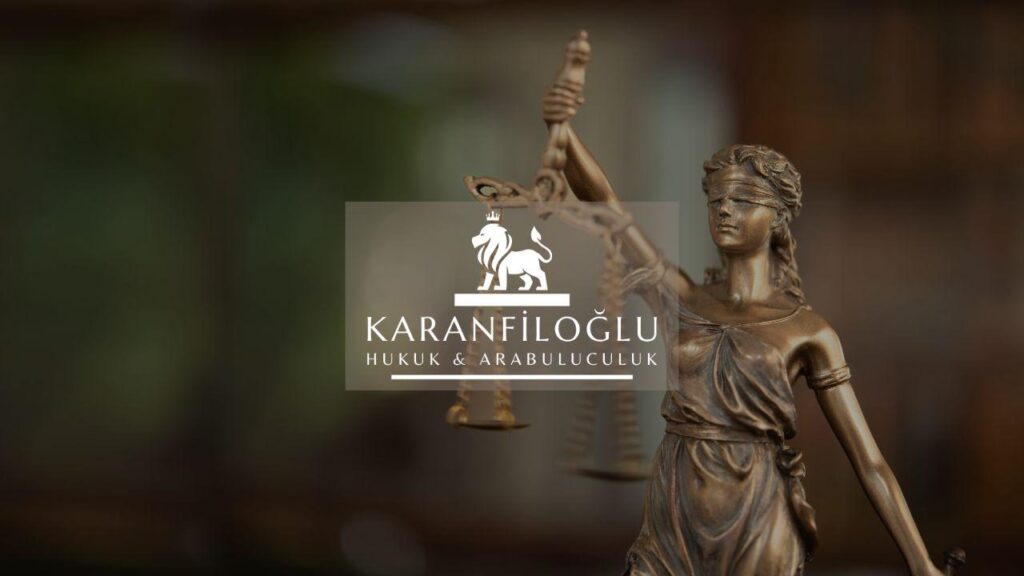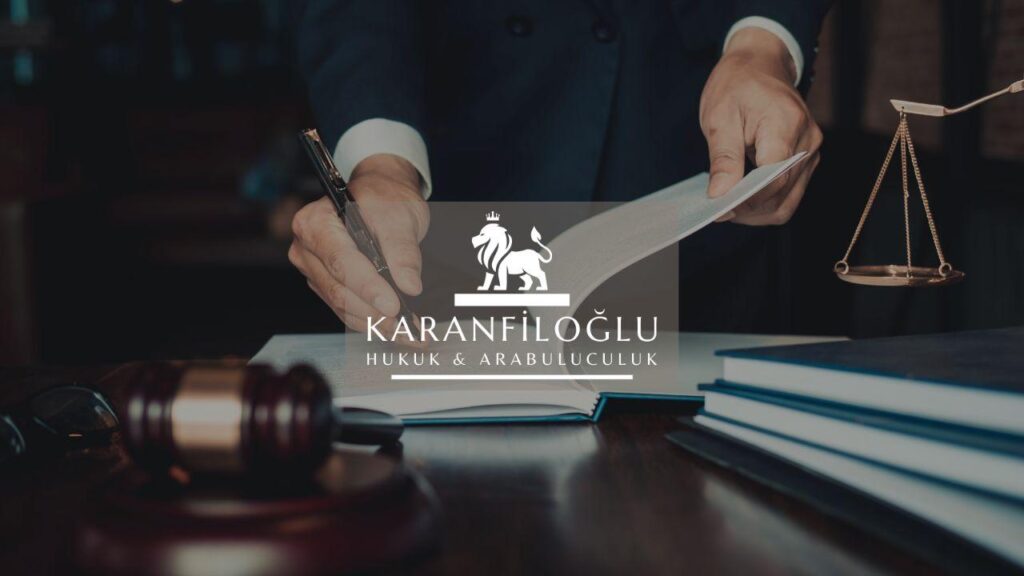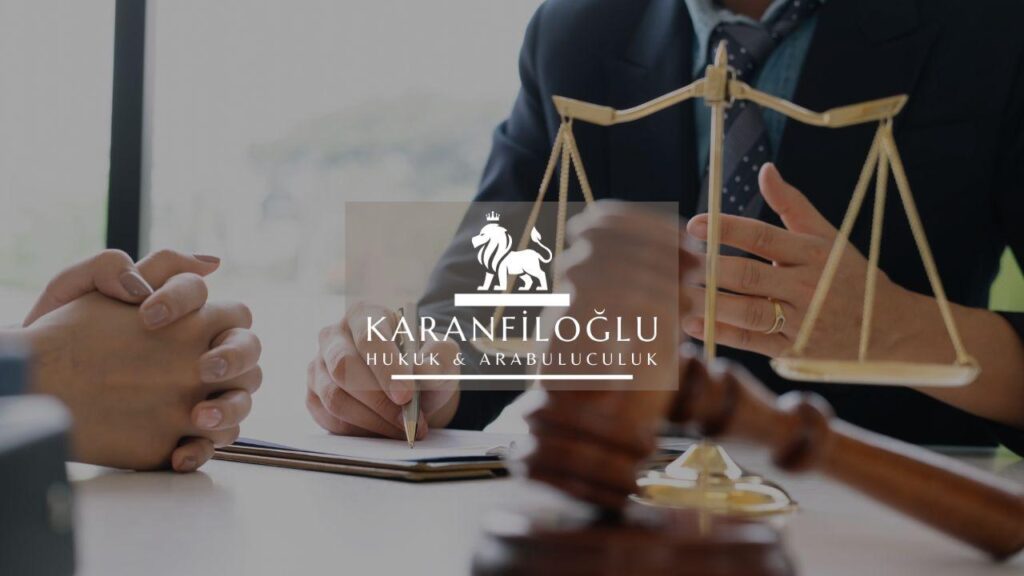In the dynamic landscape of the workplace, conflicts are an inevitable occurrence that can significantly impact an organization’s functionality and employee relations. Within the Turkish legal framework, mediation is a pivotal alternative dispute resolution method designed to address and resolve such conflicts efficiently. Enshrined under the Turkish Mediation Law No. 6325, mediation serves as a voluntary, confidential process where a neutral third-party mediator facilitates dialogue between conflicting parties to reach a mutual agreement. This method is not only encouraged for various civil disputes, as outlined in Article 18/A(11) of the Turkish Labor Courts Law No. 7036, but also mandated as a prerequisite to litigation for labor-related disputes. Engaging in mediation can lead to a more harmonious workplace environment by fostering direct communication and understanding, thus avoiding the prolonged and often adversarial nature of court proceedings. At Karanfiloglu Law Office, we offer specialized mediation services to assist organizations in managing conflicts effectively and within the legal parameters set by Turkish law.
Benefits of Mediation in Workplace Disputes
Mediation as a tool for resolving workplace disputes offers multiple benefits rooted in the principles of voluntary participation and confidentiality, as highlighted by the Turkish Mediation Law No. 6325. Firstly, mediation provides a more expedient resolution compared to the lengthy litigation process, allowing organizations to swiftly address and mitigate conflicts, thereby minimizing disruptions to business operations. The process encourages collaboration, helping to preserve professional relationships through mutual understanding and respect, which are often eroded in adversarial court settings. Additionally, mediation is cost-effective, reducing the financial burden on both parties due to lower legal fees and the avoidance of court costs. This method can also increase the likelihood of compliance with the agreed outcomes, as the solutions reached are collaboratively devised, addressing the specific needs and interests of both parties involved. At Karanfiloglu Law Office, we emphasize these advantages while guiding our clients through the mediation process to ensure efficient and amicable conflict resolution.
A key benefit of mediation in the context of workplace disputes is its emphasis on preserving confidentiality, as mandated by Article 4 of the Turkish Mediation Law No. 6325, which ensures that discussions and agreements made during the mediation process remain between the parties involved, and prevents any information revealed from being used in subsequent legal proceedings. This confidentiality fosters a safe environment where parties can openly express their concerns, leading to more honest and productive dialogues. Furthermore, the voluntary nature of mediation encourages parties to engage willingly, alleviating the pressure often associated with litigation. For employers, this contributes to an enhanced organizational culture that values transparency and communication. For employees, it promotes a sense of empowerment and involvement in resolving their disputes, which can lead to greater job satisfaction and retention. At Karanfiloglu Law Office, we are committed to maintaining the highest standards of confidentiality throughout the mediation process, safeguarding our clients’ interests and facilitating constructive resolutions.
At Karanfiloglu Law Office, we understand that every organization and conflict is unique, which is why our mediation services are tailored to meet the specific needs of our clients. By leveraging Article 18 of the Turkish Mediation Law No. 6325, we ensure that our clients benefit from expert guidance on crafting mutually beneficial outcomes while adhering to legal standards. Our experienced mediators work to identify the underlying issues contributing to workplace disputes, encouraging a comprehensive approach to problem-solving that not only addresses immediate concerns but also contributes to long-term harmony within the organization. This personalized approach helps in creating a precedent for handling future disagreements constructively, fostering an organizational culture dedicated to proactive conflict resolution and continuous improvement. We invite businesses to explore the transformative potential of mediation, enabling them to maintain focus on their core objectives without the distraction and strain of unresolved conflicts.
Choosing an Experienced Mediator in Turkey
Choosing an experienced mediator in Turkey is a crucial step towards ensuring a successful mediation process for workplace conflicts. The mediator must possess a deep understanding of the relevant Turkish laws and possess the requisite skills to facilitate productive discussions between parties. According to Article 9 of the Turkish Mediation Law No. 6325, mediators should be registered with the Ministry of Justice after completing requisite training and fulfilling necessary qualifications. This ensures that they have the appropriate legal background and are equipped to handle sensitive workplace disputes effectively. At Karanfiloglu Law Office, our mediators are not only well-versed in the legal frameworks governing mediation and labor disputes but are also adept at fostering a neutral and supportive environment conducive to dialogue. Our team’s extensive experience and adherence to the professional standards stipulated by Turkish law make them ideal candidates for guiding organizations through the complexities of workplace mediation.
When selecting a mediator, it is essential to consider their specialization in handling similar conflicts to ensure they can navigate the unique challenges that may arise in workplace disputes. Under Article 15 of the Turkish Mediation Law No. 6325, the mediator’s role is to remain impartial and unbiased, focusing on facilitating communication and enabling the parties to reach a consensual resolution. At Karanfiloglu Law Office, our mediators are adept at discerning the nuances of complex workplace dynamics and work diligently to maintain neutrality while encouraging open discussions. A mediator’s ability to remain impartial and foster trust among disputing parties is instrumental in achieving a resolution that is acceptable to all involved. By choosing mediators with specialized expertise and a proven track record, businesses can effectively address conflicts, thereby enhancing cooperation and productivity within the organization.
Additionally, evaluating a mediator’s success rate and client feedback can provide valuable insights into their capability to manage workplace disputes. According to Article 17 of the Turkish Mediation Law No. 6325, confidentiality is paramount throughout the mediation process, ensuring that discussions remain private and parties are free to communicate openly without apprehension of disclosure. At Karanfiloglu Law Office, we prioritize confidentiality and uphold the highest standards of discretion, cultivating an atmosphere of trust where employees and management alike are comfortable expressing their concerns and interests. Our commitment to confidentiality not only aligns with legal mandates but also reinforces the integrity of the mediation process. By entrusting Karanfiloglu Law Office with your mediation needs, you can be assured of a professional approach that respects privacy, promotes mutual understanding, and seeks sustainable resolutions, ultimately fostering a more cohesive and efficient workplace.
Steps to Effective Workplace Mediation Strategies
Successfully navigating workplace conflicts through mediation requires a strategic approach that begins with recognizing and understanding the core issues at hand. At Karanfiloglu Law Office, we emphasize the importance of creating a structured process that aligns with the guidelines set by the Turkish Mediation Law No. 6325. The initial step involves selecting a qualified mediator, someone who is registered with the Ministry of Justice under Article 20 of the Mediation Law, to ensure impartiality and professionalism. Once chosen, a pre-mediation meeting is convened, where the mediator, as stated in Article 14 of the law, explains the mediation process to the parties involved, setting the ground for open communication. This preparatory phase is crucial as it sets the tone for the mediation, fostering an atmosphere of trust and collaboration. By clearly identifying the interests of all parties and ensuring voluntary participation, organizations can lay the foundation for a successful resolution process.
Following the preparatory phase, the mediation process proceeds into the discussion and negotiation stage, where parties engage actively under the guidance of the mediator. According to Article 15 of the Turkish Mediation Law, this stage is characterized by open dialogue, where each party has the opportunity to present their perspective on the issues without interruption. The mediator facilitates and steers the conversation towards identifying common interests and exploring potential solutions. This discourse aims to move away from entrenched positions and towards a focus on mutual benefits that can satisfy all involved parties. Throughout these discussions, confidentiality is upheld, as mandated by Article 23 of the law, ensuring that exchanges within mediation remain private, thereby encouraging candor and willingness to resolve disputes. Our approach at Karanfiloglu Law Office prioritizes maintaining a constructive environment, emphasizing the transformative potential of mediation to achieve practical and lasting resolution strategies tailored specifically to the organizational context.
As the mediation process reaches its final stages, reaching a mutually acceptable resolution becomes the focal point. This critical phase involves drafting a settlement agreement that outlines the terms agreed upon by the parties, which, as per Article 18 of the Turkish Mediation Law, carries the binding force of a court judgment once signed. At Karanfiloglu Law Office, we underscore the importance of crafting a comprehensive settlement agreement that not only recognizes but also accurately reflects the consensus reached during mediation. Our expertise ensures that the terms are clear, enforceable, and sustainable, fostering long-term adherence and preventing future conflicts. Furthermore, we assist in ensuring that all necessary formalities and legal compliances are met to effectively formalize the resolution. By successfully concluding the mediation with a solid agreement, organizations set a precedent for collaborative conflict resolution, enhancing the workplace environment and reinforcing a culture of proactivity and cooperation.
Disclaimer: This article is for general informational purposes only and you are strongly advised to consult a legal professional to evaluate your personal situation. No liability is accepted that may arise from the use of the information in this article.

